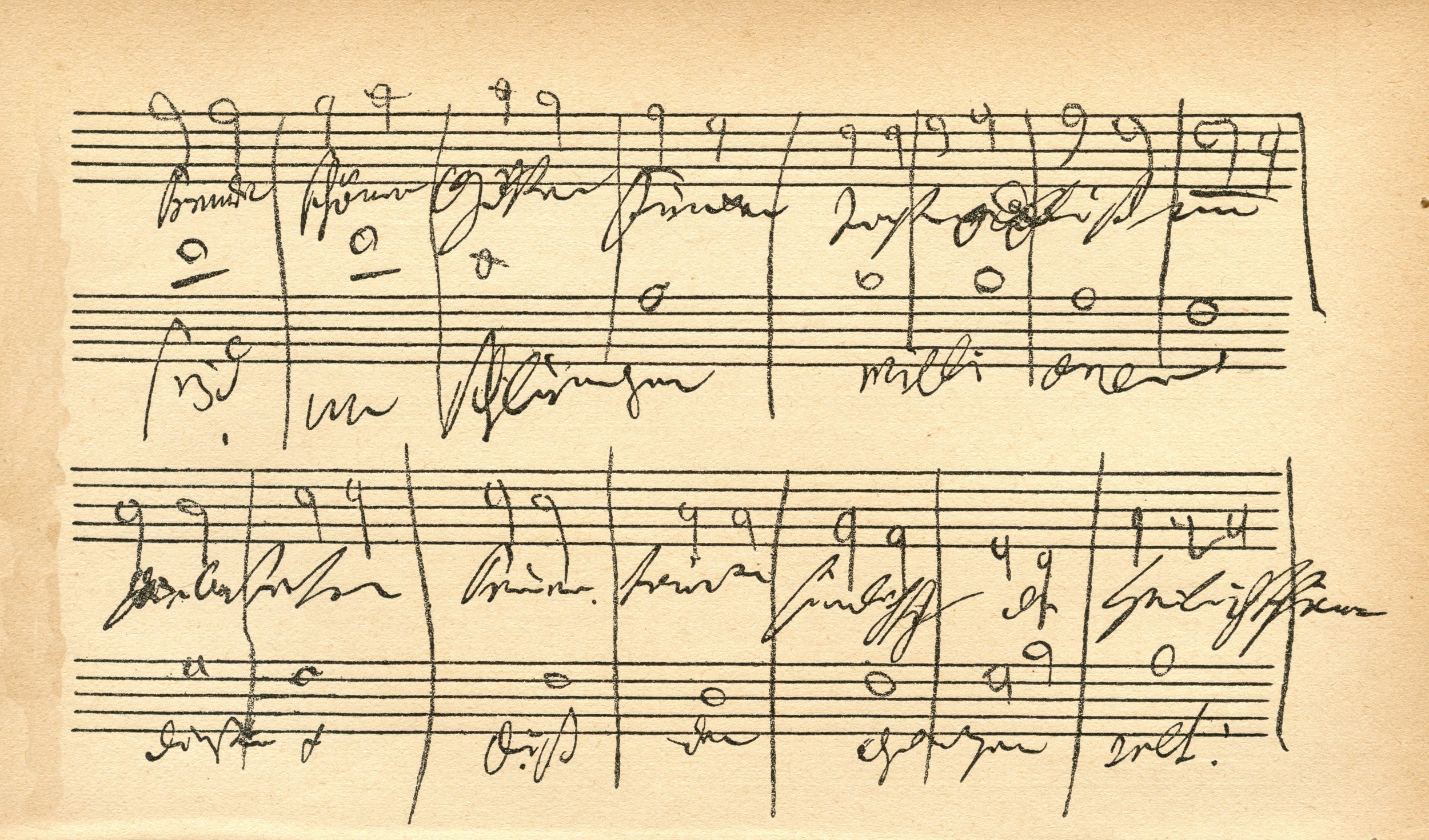
Handel's Messiah Extended Program
Handel's Messiah Extended Program
SCROLL FOR MORE
-
SCROLL FOR MORE -

Program Notes
Georg Friedrich Händel (1685-1759)
Messiah (A Sacred Oratorio), composed 1742
The first performance of Messiah took place not in London, but rather in Dublin, on April
13, 1742. Handel premiered it at Covent Garden in London less than a year later. It was not well received, in part because of objections to presenting a sacred work in that most profane of buildings—a theater! (Handel had advertised the oratorio as a "musical entertainment.") It was only in 1750, when Messiah began to be presented in annual performances for a London charity at the local Foundling Hospital, that the public began to fully appreciate its musical depth and inspirational content. Handel himself conducted Messiah some three dozen times—every time, it should be noted, around Easter, not Christmas, as later became the custom. Over the years he revised it to accommodate new surroundings, varied soloists and orchestras, and different audiences.
Such adaptations have continued ever since; in 1789, Mozart re-orchestrated the work for a larger Classical period orchestra based upon Handel’s original setting for oboes, bassoon, trumpets, timpani, continuo (keyboard) and strings. Many of these later arrangements helped to make the work viable for large choral festivals with many hundreds of singers, sometimes even more A combination of many elements has won Messiah its enduring popularity. The qualities that have elevated it above so many other works are the richness and variety of the music, the insightful matching of word and sound, and the consistently inspired evocations of such universal emotions as pathos, serenity, and joy. It is also a deeply satisfying work to perform whether by seasoned professionals or enthusiastic amateurs.
Now, of course, Messiah is a fixture of the Christmas season. For many amateur choirs, the work is the heart of their repertoire and the high point of the year. In most of Handel's oratorios, the soloists dominate and the choir sings only brief choruses. But in Messiah, says Laurence Cummings, director of the London Handel Orchestra, "The chorus propels the work forward with great emotional impact and uplifting messages. "But while a truly popular favorite around the world, Messiah aspires to be more than just an enjoyable musical event. After an early performance of the work in London, Lord Kinnoul congratulated Handel on the “noble entertainment” he had recently brought to the city. Handel is said to have replied, “My Lord, I should be sorry if I only entertained them; I wished to make them better.” Certainly Messiah carries an ennobling message to people of all faiths and credos, proclaiming “peace on earth and goodwill towards men”— a message that continues to be timely and universal. Messiah remains one of the absolute masterpieces and frequently performed works from the late-Baroque and continues to inspire musicians and audiences alike to this very day.
